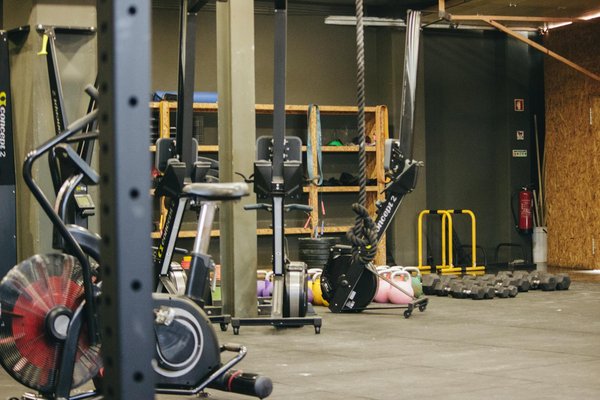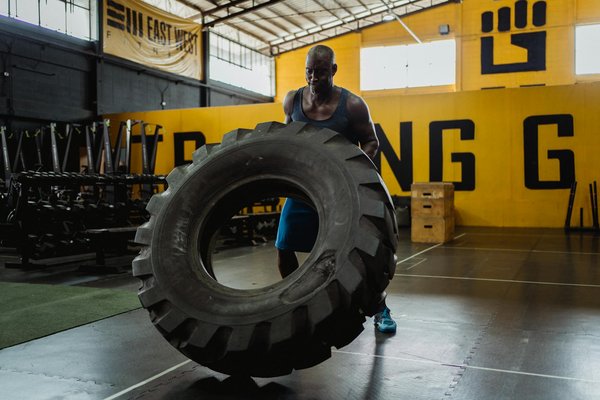Longboard Proam has completely changed how I approach downhill racing. Their technical articles helped me shave seconds off my runs, and the community features keep me inspired every single day.
Latest articles
Our recent publications

What innovations are being introduced in UK basketball training methods?
Emerging innovations in UK basketball are reshaping how players and coaches approach development. Ce...

What is the role of sponsorship in the growth of UK basketball?
Sponsorship as the backbone and catalyst...

What role does basketball play in promoting inclusivity in UK sports?
Basketball stands out among accessible sports UK for its low barriers to entry, making it a prime ex...

How can sport biking influence mental health in the UK?
Sport biking UK offers more than just physical exercise; it delivers significant mental health benef...

How can you maintain your sport bike for optimal performance in UK weather?
Maintaining a sport bike in the UK demands rigorous attention to detail due to the country's unpredi...

What Role Does Cycling Play in UK Fitness Trends?
The UK fitness trends in 2024 showcase a dynamic shift, with cycling popularity climbing steadily am...

How Are Combat Sports in the UK Evolving Today?
The UK combat sports trends in 2024 demonstrate a significant evolution, particularly with recent ch...

How Are Combat Sports Influencing the Cultural Landscape in the UK?
Combat sports in the UK play a significant role in shaping youth culture by influencing values such ...

How Can UK Combat Sports Athletes Balance Training and Recovery?
Effective training load management is essential for UK athletes involved in combat sports to achieve...

How Can UK Fitness Enthusiasts Benefit from a Cross-Training Regimen?
Cross-training offers significant fitness improvement by increasing overall versatility. Engaging in...

How can UK outdoor fitness events boost your motivation?
UK outdoor fitness events offer a unique boost in motivation, primarily through structured goal-sett...

How can UK water sports improve physical endurance?
Understanding the physical demands of popular UK water sports is key to preparing for participation....

How is the UK addressing mental health issues within football?
Mental health in UK football is governed by comprehensive football mental health policies set by the...

What Are the Untold Stories Behind UK Football's Legendary Matches?
Small, untold football stories often cast long shadows over legendary UK matches. While spectacular ...

What Legends Defined the Golden Era of UK Football?
The Golden Era of UK Football is often pinpointed between the late 1960s and early 1980s, a period m...

What are the implications of climate change on UK sports events?
Climate change effects on UK sports are becoming increasingly visible through weather disruption tha...

What are the Latest Trends Influencing the Future of UK Sports?
The landscape of UK sports trends is rapidly evolving due to several notable sports industry develop...

Who Are the Emerging Talents in UK Sports Today?
Discovering emerging UK sports talents means identifying young British athletes making significant w...

Elevate your hiking game: essential tips for every trekker
Hiking transforms both body and mind, offering unparalleled benefits from cardiovascular health to s...

How Can Emerging Athletes Break into the UK Sports Scene?
In the UK, sports pathways begin at multiple entry points, ensuring broad accessibility for young at...

How Can Emerging Technologies Impact Lesser-Known UK Sports?
The adoption of emerging technologies is transforming lesser-known UK sports, driving innovation bey...

How Can We Encourage Youth Participation in UK Sporting Events Beyond the Mainstream?
Youth sports barriers in non-mainstream sports in the UK often start with lack of awareness. Many yo...
Ready to Level Up Your Riding?
Explore hundreds of articles covering techniques, gear, events, and the global longboarding scene. Start reading and get inspired today.
Join now →
